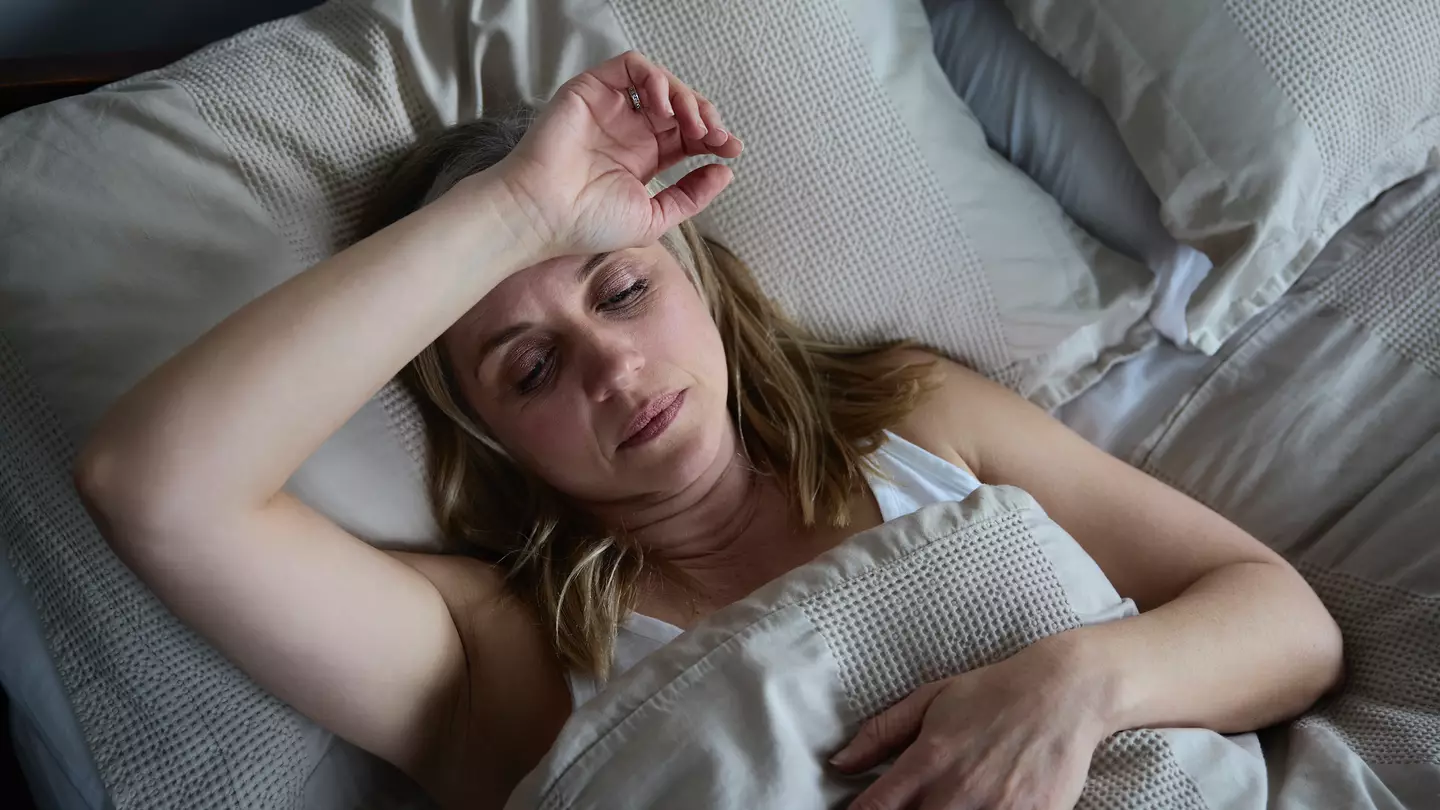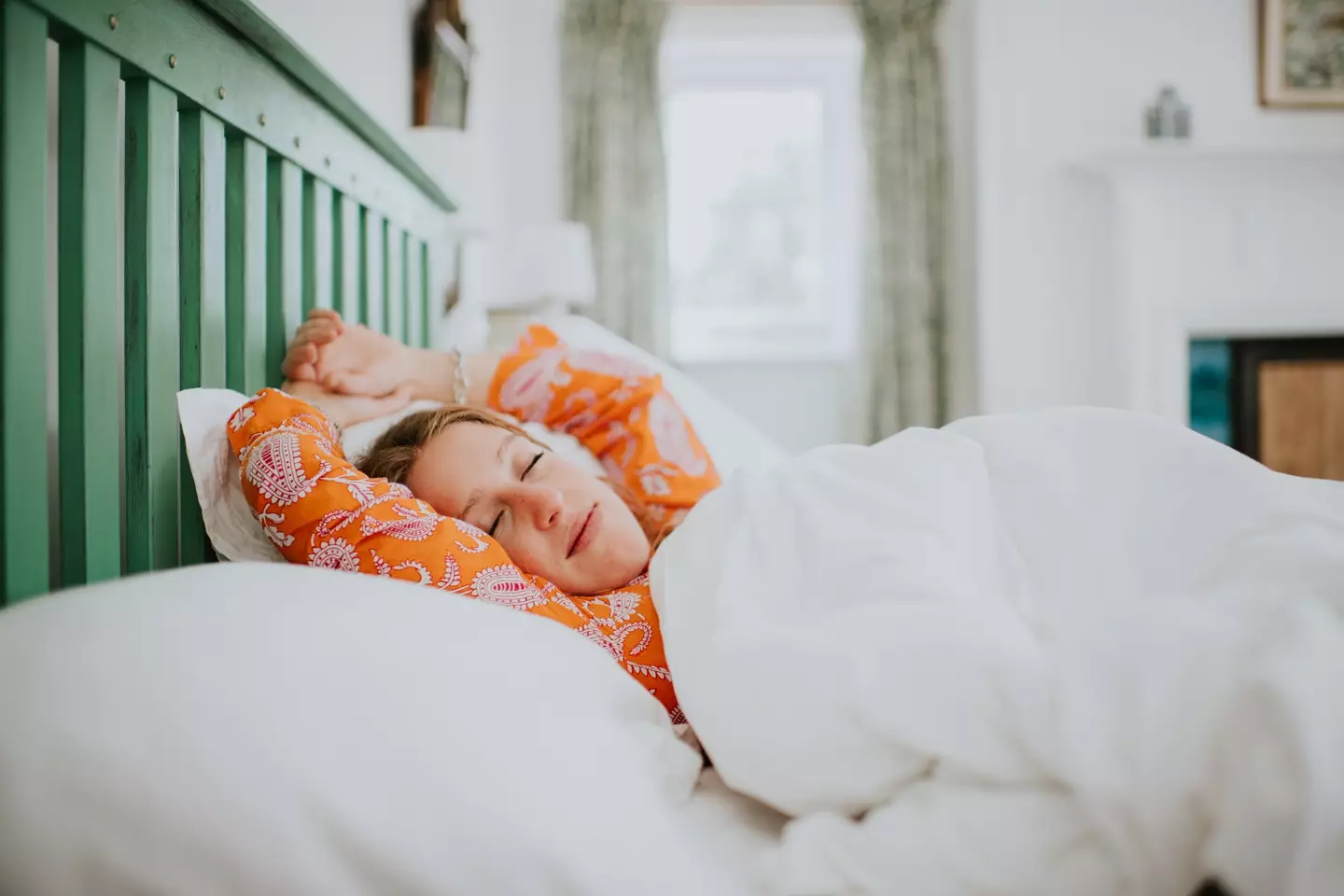
We all know that getting a good night's sleep is hugely important for our health.
Aside from the physical benefits, regular sleep is crucial for our mental health, too.
According to the Mental Health Foundation, sleep helps repair and restore our brains, allowing us to process information and consolidate memories.
The NHS also explains that during sleep, hormones are released that support different bodily functions, including growth, strength and our immune systems.
Advert
Although worrying about the amount of sleep you're getting can lead to more anxiety about getting a full night's kip, if you have a habit of staying up past your bedtime, it's worth knowing about some of the health concerns that can be associated with lack of sleep.
As well as being connected with a number of conditions - including heart disease, Type 2 diabetes, obesity and even certain cancers - a new study by Vanderbilt University has revealed that not getting enough sleep can increase the risk of premature death by almost a third.
Writing about the study, sleep epidemiologist Dayna Johnson said: “This study highlights the importance of maintaining healthy sleep over time.
“It also raises critical questions about the potential for recovery from insufficient sleep and the time required to reverse its effects on health outcomes."
.jpg)
The study examined the sleep habits of 47,000 adults aged between 40 and 79.
Sleep was considered to be 'healthy' if participants were getting between seven and nine hours, meanwhile it was seen as 'short' if it was less than seven hours.
A 'long' sleep was considered to be anything over nine hours.
Over the five years, two thirds of the study group had 'suboptimal' sleep, meaning their sleep patterns were either too short or to long.
Common patterns saw participants having short sleeps followed by short sleeps, short sleeps followed by healthy sleeps, and healthy sleeps followed by short.

The participants were followed for 12 years, in which time over 13,500 died, including 4,100 from heart disease and 3,000 from cancer.
"Suboptimal sleep duration trajectories were associated with as much as a 29 percent increase in risk of all-cause mortality. These findings highlight the importance of maintaining healthy sleep duration over time to reduce mortality risk," the study explained.
"Compared with those with an optimal sleep trajectory, participants with every other sleep trajectory had a greater risk of all-cause mortality.
"After adjustment for demographics, socioeconomic factors, and health behaviors (model 3), all suboptimal trajectories were associated with an HR for mortality ranging from 1.09 (95% CI, 1.03-1.15) for short-short to 1.40 (95% CI, 1.28-1.53) for short-long trajectories."
Researchers have noted limitations in the study, however, including that sleep was self-reported by participants.